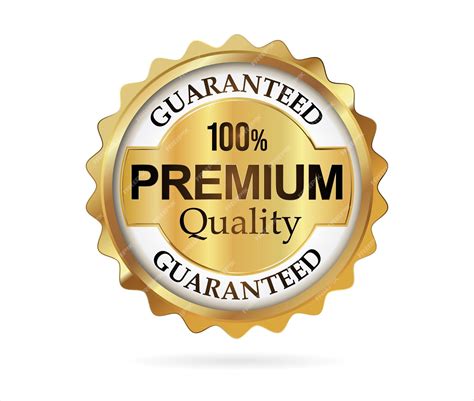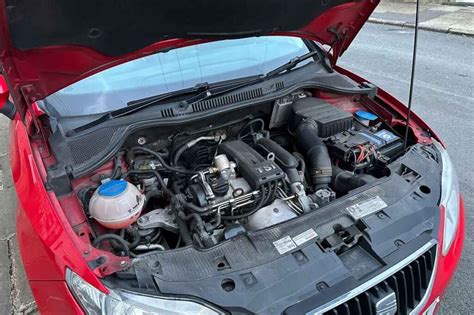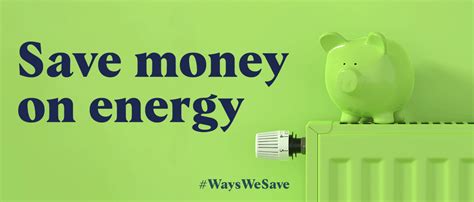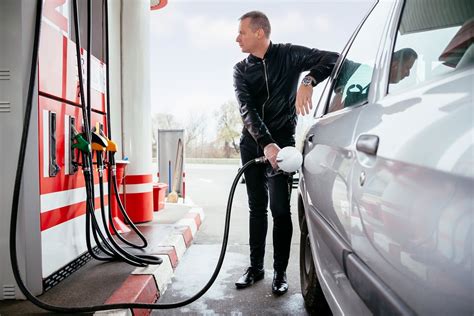Understanding Octane Ratings and Your Car’s Needs
The question of whether to pump premium gas is a common one at fuel stations, often met with conflicting advice and marketing claims. The core of this dilemma lies in understanding octane ratings and what your vehicle truly needs. Gasoline grades, typically regular (87 octane), mid-grade (89 octane), and premium (91-93 octane), are primarily distinguished by their octane levels. Octane is a measure of a fuel’s ability to resist ‘knocking’ or ‘pinging’ – an uncontrolled explosion of the air/fuel mixture in the engine cylinder, which can cause significant engine damage over time.
Higher octane fuel is more resistant to this pre-ignition. However, this doesn’t automatically mean it’s ‘better’ fuel; it simply has a different chemical composition designed for specific engine types.

When Premium Gas is Truly Necessary
For most vehicles on the road today, regular 87 octane gasoline is perfectly adequate and what the manufacturer recommends. Premium fuel is specifically engineered for high-compression engines, often found in luxury cars, sports cars, and vehicles with turbochargers or superchargers. These advanced engines operate at higher pressures and temperatures, making them more susceptible to knocking with lower octane fuel. Using premium gas in these vehicles ensures the engine runs as designed, preventing potential damage and maintaining optimal performance and efficiency.
If your car’s owner’s manual explicitly states ‘premium fuel required,’ then you should absolutely use it. Deviating from this recommendation can lead to reduced performance, decreased fuel economy, and long-term engine issues.
Debunking Myths: Performance Boosts and Engine Cleaning
A widespread misconception is that premium gas will somehow boost your car’s horsepower, improve acceleration, or clean your engine better, even if your vehicle doesn’t require it. This is largely untrue. If your car is designed to run on regular unleaded, feeding it premium will provide no additional benefits in terms of performance or engine health. Modern engines have sophisticated knock sensors that detect pre-ignition and adjust timing to compensate. When you put premium fuel in an engine designed for regular, the engine simply won’t be able to take advantage of the higher octane, as its compression ratio and timing are optimized for the lower octane.
Furthermore, all grades of gasoline, by law, contain detergents and additives designed to keep your engine clean. Premium fuel doesn’t offer a superior cleaning effect for an engine not built to utilize its higher octane rating.
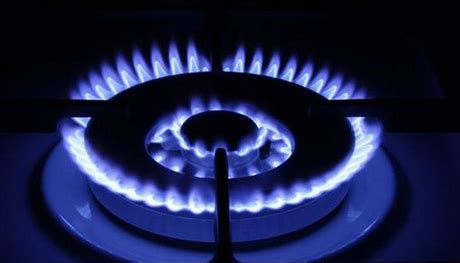
The Myth of Savings: How Premium Can Cost You More
The idea that premium gas can save you money is generally unfounded for vehicles not requiring it. Since premium gas costs significantly more per gallon than regular, using it unnecessarily will only increase your fuel expenses without any corresponding benefit in fuel economy or engine longevity. In fact, if your engine is not designed for premium, you might even experience slightly *worse* fuel economy as the engine’s computer struggles to adapt, though this effect is usually negligible.
True savings come from proper vehicle maintenance, driving efficiently, and using the fuel grade recommended by your manufacturer, which ensures your car operates at its designed efficiency.

Always Check Your Owner’s Manual
The definitive source for determining your car’s fuel needs is always the owner’s manual. Look for phrases like ‘premium fuel required,’ ‘premium fuel recommended,’ or ‘minimum 87 octane.’ If it says ‘recommended,’ your car will run fine on regular gas, but you might experience a slight, often imperceptible, dip in maximum performance under extreme conditions. If it says ‘required,’ then premium is non-negotiable.
Conclusion: Fuel Smart, Not Just Premium
For the vast majority of drivers, premium gas is an unnecessary expense that offers no tangible benefits in terms of performance, engine health, or fuel savings. Your best course of action is to stick to the fuel grade explicitly recommended or required by your vehicle’s manufacturer in your owner’s manual. By doing so, you’ll ensure your car performs optimally, avoid unnecessary costs, and contribute to responsible fuel consumption.

